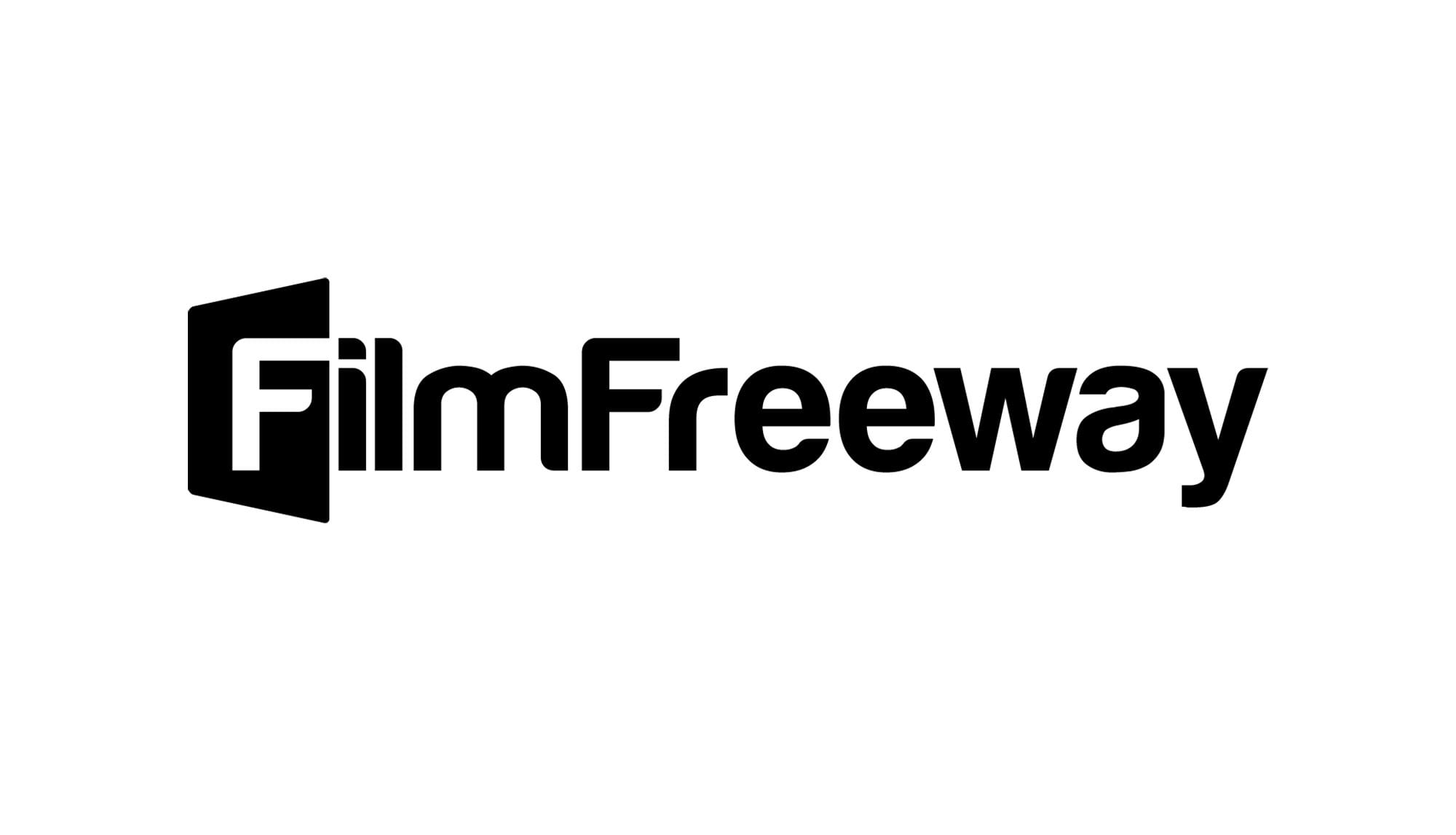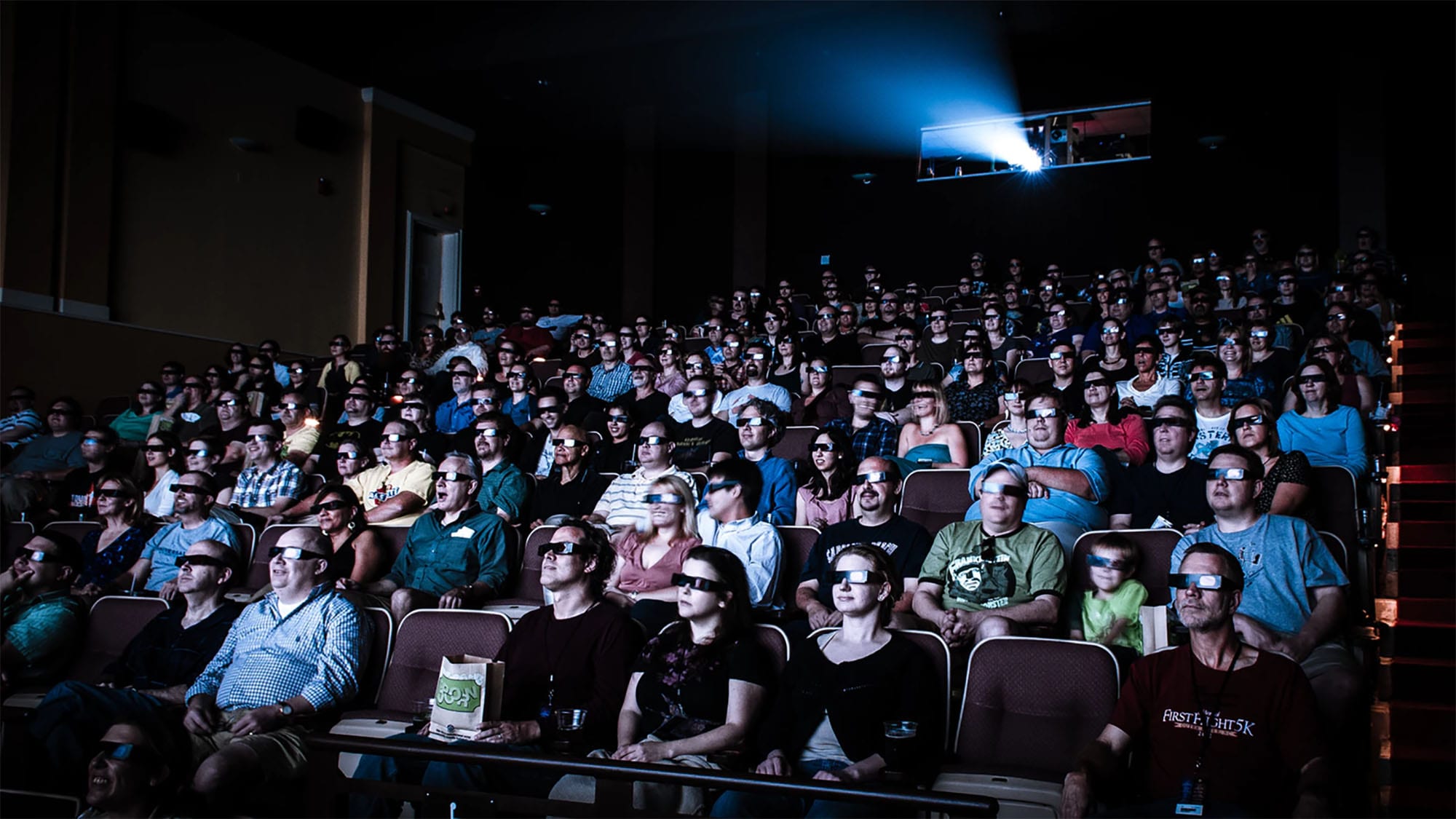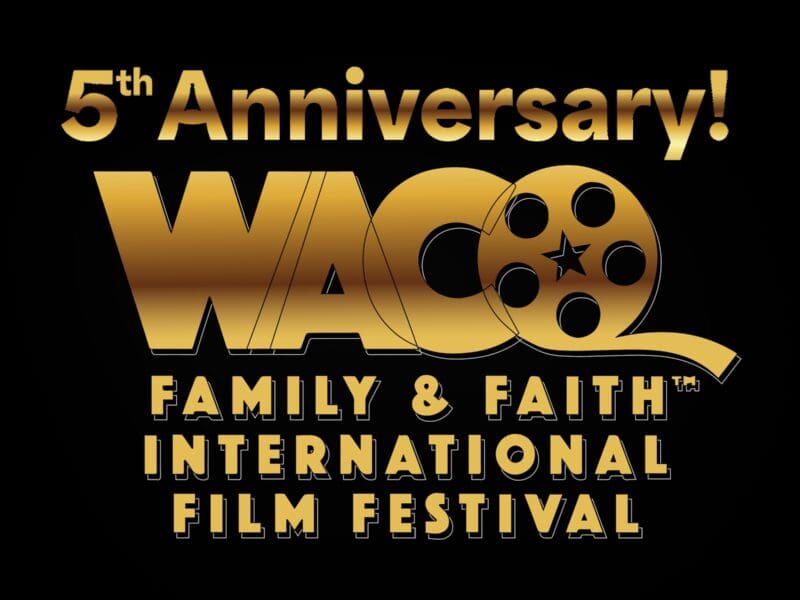
The Film Daily guide to starting your own film festival
Accessibility to funding & equipment, along with the opportunities film festivals present to indie filmmakers and their audiences, are behind a sharp rise in the birth of such events in recent years. Currently, there are over 3,000 fests worldwide, 75% of which were launched in the last ten years.
However, this doesn’t mean launching your own festival’s an easy feat. It takes work, dedication, and knowhow to put together a slate of movies and maintain an audience. If you’re thinking about launching your own event, or you already have but need some extra help, check out our Film Daily guide below, filled with insider tips from established film fest organizers to help all of you budding programmers out there.

FilmFreeway or the highway
If you’re after content, it only makes sense to join the user-friendly fest submission service FilmFreeway. Warren Workman, head of Workman Productions (which manages the Utah Film Festival among others) outlined how the most important part of building your film fest is to get listed on FilmFreeway. “Out of the thousands of submissions we receive, 98% come from FilmFreeway. It has been the most successful platform for our Utah Film Festival over the last several years.”
Executive Director for Winter Film Awards, Steffanie Finn, backed the statement by telling budding organizers to use FilmFreeway for submissions. “Don’t bother with the others.” Users who wish to connect with FilmFreeway’s database containing thousands of filmmakers & screenwriters can login here.

Join a film fest network
In addition to FilmFreeway, film festers would benefit from joining an established network to gain support from fellow programmers. Film Festival Alliance executive director Lela Meadow-Conner told Film Daily it’s worth considering “joining our Alliance where you have the opportunity to network and get support from over one hundred festival colleagues from film festivals of all sizes, and where you will have the opportunity to participate in professional development programs designed specifically for film festival professionals.”
Meanwhile, Finn from Winter Film Awards suggested joining the Film Festival Organizers group on Facebook – and checking it often. “It’s a fantastic resource for advice from other organizers, or a good place to vent.”

Ask the question: Who are you?
When you’re ready to start your first season, Workman pointed out the importance of having a clear vision of the content you’ll showcase at your festival. Think about the various genres and what appeals to you: documentaries, experimental films, music videos, web series, shorts, genre film, fan films, and all the rest.
“What you plan to show at your festival will start defining who you are and who your audience is. If you start too general, you may find you need to refine your audience over time.” Basically, pick a team and have a clear vision for what you want your fest to promote.

Investment, investment, investment
“I talked with a new film festival programmer two weeks ago. He only had one person show up to his film festival – the filmmaker,” said Workman. “That’s why marketing and advertising is a must. Posters, newspaper ads, TV commercials, and billboards are helpful but expensive. If you have a media sponsor that will cover those costs, do it!”
If you don’t, social media is cheap and you can target your core audience. “I like to hire a publicist for a few hundred bucks and get on the local morning news shows, magazines, and popular blogs. I take those interviews and add them to our website as social proof to potential sponsors. Personal invitations are the most effective. Call or test your friends and invite them to your festival.”
Furthermore, executive director for Oxford Film Festival, Melanie Addington, explained how it’s important to invest in people first. “Your volunteers, board, and first round of filmmakers are crucial to the success of the festival.”

Communication is key
According to Workman, you should build strong relationships with the filmmakers before you’ve selected your films for the festival. The selection to screening process should follow these steps:
- Let them know you received their film.
- Update the filmmaker when the judging begins.
- Check to see that they know their film was selected.
- Tell them when their film is going to play and see if they are going to attend the festival.
- When the filmmaker arrives, make sure they feel welcome and busy. Make a big deal about them being there. Take their photo on the red carpet. Introduce them to the local press.
- After the festival, thank them for being a part, whether or not they were able to attend.
Follow these steps to ensure filmmakers continue to contribute to your fest and feel excited to tell their friends and fans about the event.

When it’s free, take it!
Finn from Winter Film Awards went on to emphasize the importance of speaking up. After all, it’s free to ask! “If there’s a product you like, contact the people who make it. Ask everyone you know if they know anyone. It costs you absolutely nothing to ask. They will likely ignore you or say no, but one might say yes.
“If you need something and cannot afford it, go to your local universities and ask there. For example, we needed market research, so I wrote to every marketing professor in the tri-state area asking if we could be the subject of a class project – and one said yes. We needed artwork, so we contacted a friend of a friend who is a professor at SVA and he had us as a class project for years. Students are a great resource.”
As the famous saying goes: if at first you don’t succeed, try, try again. (And if at first they all say no, ask, ask again.)

We could all do with a little inspiration on the home theater front. Here’s our ranking of the ten craziest home viewing setups online.
Picking the right venue
While you can choose a regular theater to screen your movies, it’s also possible to transform non-traditional spaces into venues. “If you are a film festival that only shows campy horror movies, for example, you might want to host your festival at a summer camp outside with a large inflatable screen and excellent sound system. Creating a great environment and experience for attendees needs to be a primary focus for all film festival programmers,” noted Workman.

Build a strong database
If you’re going to start a fest, you’re going to need contacts, and that’s exactly why building a strong database is essential. Finn described how all programmers should build a database to track everything, for contacts, filmmakers, films, judging, sponsors, donors, ticket purchases, and the rest.
“Since we are a non-profit, we got licenses from Salesforce for free, but that’s likely more than you need anyhow. Check out this tool on Airtable. Although it might not be completely free, since there are data record limits on the free version, it’s likely cheap and will help you out a lot. Do not rely on spreadsheets or you’ll go nuts.”

Two heads are better than one
If you’re on the way to building your fest and you’ve done it alone, well done. However, Workman said the best bit of advice for budding programmers is not to do it alone.
“Find a partner to take a major role in the festival organization. At the Utah Film Festival, my wife takes care of all the filmmakers, catering, parties, press, and attendees outside of the theater. Once they enter the theater, they are my responsibility. I am also in charge of programming, marketing, and all technical elements of the festival. Having clearly defined jobs helps everyone take ownership and relieve the crippling pressure of running an event.” In short, two heads are better than one.
Good luck – and happy festing!







